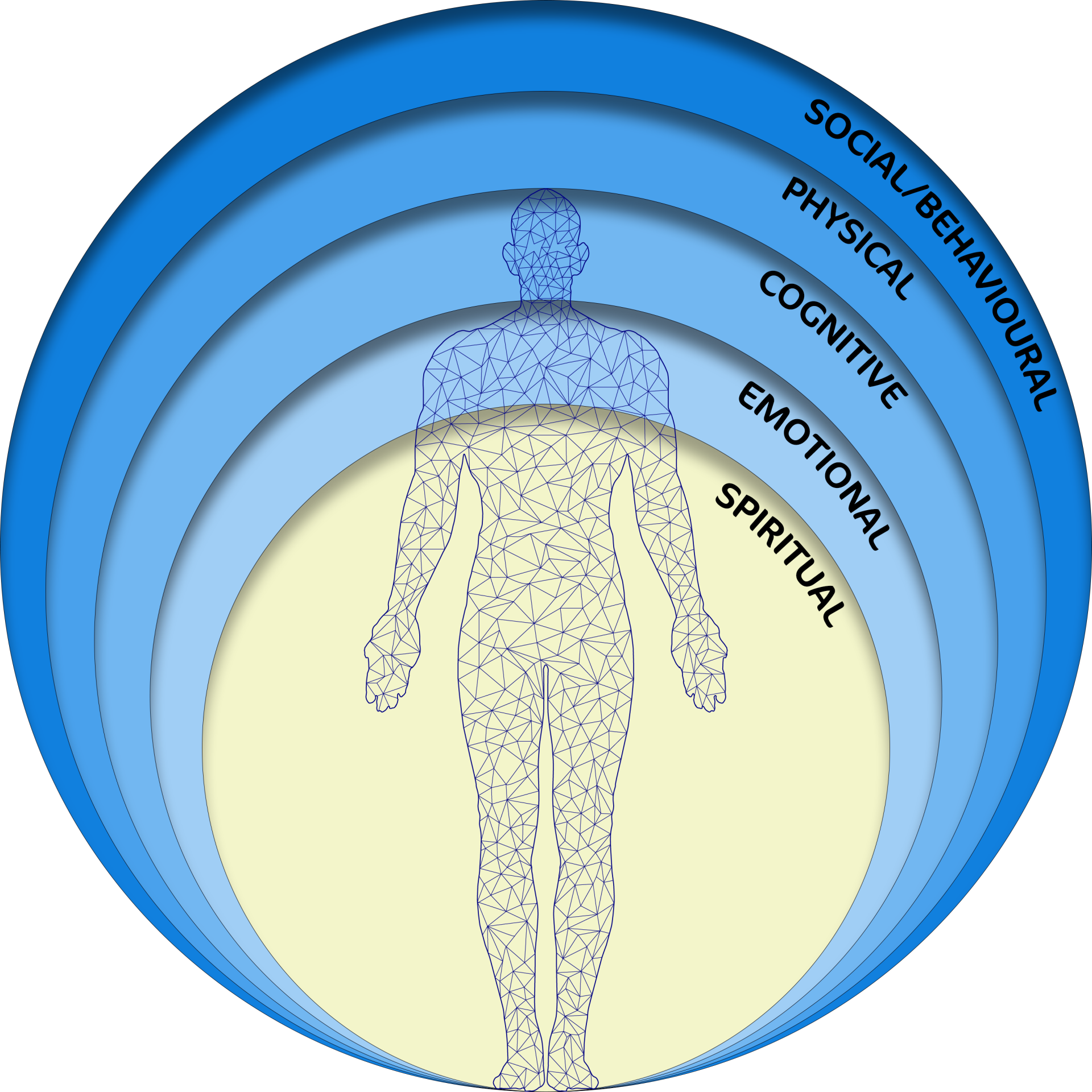Rethinking Anger: A Purposeful Emotion
The problem with how society and culture handle anger is twofold: we pathologize anger in everyday life while glorifying it in movies and TV shows, equating it with strength. This contradictory messaging is confusing and leads many to suppress anger while secretly trying to retain it. We need to see anger in a new light—as a purposeful emotion that, when directed correctly, can be beneficial. Instead of causing problems in your relationships, anger can become a powerful ally, helping you solve issues if you learn the necessary skills and techniques. Anger is not abnormal; everyone experiences it, but how we direct it makes all the difference.
The Impact of Mismanaged Anger
Mismanaged anger can significantly impact your daily life, leading to strained relationships with loved ones, colleagues, and friends. Many find themselves lying awake at night, replaying angry exchanges or stewing over frustrations, which results in sleepless nights and agitation. This constant state of alertness and tension affects your ability to think clearly, make decisions, and enjoy life. While society’s mixed messages about anger contribute to this struggle, understanding and learning to manage anger can transform it from a destructive force into a constructive one.
Addressing and Harnessing Anger
How FLOW Method Helps with Anger
Recognizing Anger as Purposeful
In the FLOW Method, anger is seen not just as a natural emotion but as a purposeful one, necessary for our lives. Unlike traditional approaches that may focus on suppression, the FLOW Method emphasizes mastering this emotion and learning to use it to your benefit, viewing it as an important goal.
Addressing the Root Causes
The FLOW Method delves deep into addressing the root causes of anger, which often stem from other emotions such as fear. By developing your personal trauma-resolution tools, FLOW provides a more sustainable and comprehensive solution to managing anger.
Core Beliefs, Personal Values, and Identity
Traditional anger management may only scratch the surface of the power of the mind, body and spirit. In contrast, the FLOW Method involves a comprehensive exploration of your entire being, including core beliefs, personal values, and identity, offering a profound and lasting change in how you understand and manage anger.
Feel Strong and Peaceful: FLOW Benefits for Anger
- Master Your Anger: Gain the upper hand by controlling your anger, ensuring it doesn’t dictate your actions or quality of life. Transform from being reactive to proactive in emotional situations.
- Purposeful Anger: Recognize that anger has a purpose and learn to harness it as a powerful source of energy and motivation, propelling you to take necessary action and drive change in your life and surroundings.
- Feel Peaceful But Strong: Cultivate an unshakable inner strength that allows you to remain calm and composed in the face of provocation, embodying peace without losing your assertiveness.
- Increase Your Resilience: Develop a stronger, more resilient mindset that helps you face life’s challenges with composure and confidence.
- Let Go Easily: Learn to acknowledge and respect your anger as a natural emotion, but also develop the ability to let it go smoothly once its purpose is served, preventing it from lingering and causing harm.
Cognitive-Behavioral Therapy (CBT) – a therapy focusing on identifying and changing negative thought patterns.
Advantages: Provides tools for self-awareness and changing harmful thoughts; evidence-based effectiveness.
Disadvantages: May not delve into deeper emotional or historical causes of anger; requires commitment to homework and practice.
Anger Management Classes – structured programs teaching strategies for recognizing and controlling anger.
Advantages: Offers practical skills and strategies; provides a supportive group environment.
Disadvantages: May not offer personalized attention; effectiveness varies depending on the individual’s commitment.
Mindfulness-Based Stress Reduction (MBSR) – focuses on mindfulness meditation to increase awareness and response to stressors.
Advantages: Enhances emotional regulation and reduces stress; benefits extend beyond anger management.
Disadvantages: Requires regular practice; may not directly address the root causes of anger.
Psychoanalysis – explores unconscious thoughts and childhood experiences as sources of current behavior.
Advantages: Can uncover deep-seated emotional issues; offers comprehensive understanding of personal psychology.
Disadvantages: Time-consuming; may be more expensive than other therapies.
Dialectical Behavior Therapy (DBT) – combines CBT with mindfulness to manage emotions and improve relationships.
Advantages: Provides strategies for emotional regulation and interpersonal effectiveness; evidence-based for certain conditions.
Disadvantages: Intensive and requires commitment to practice skills; may be challenging to find qualified therapists.
Compare the FLOW Method to Current Approaches:
Seeing Anger as Purposeful Vs Purposeless:
FLOW stands out by recognizing anger as a normal and necessary emotion. Learning to master and utilize anger constructively is a key goal, moving beyond mere normalization to leveraging anger for personal growth.
Self-Reliance Vs. Dependence on Therapist:
Different from Dialectical Behavior Therapy (DBT), the FLOW Method is structured in a way that doesn’t rely on the ongoing presence of a qualified therapist. It equips you with the tools and understanding necessary to manage your anger independently.
Core Resolution Vs Symptom Control:
Contrary to approaches that view managing anger as the end goal, FLOW regards anger management strategies as initial steps. The focus is on addressing and resolving the core issues behind anger.
Internal Vs External Support:
Where traditional methods suggest building resilience through external networks and activities, FLOW emphasizes creating your own personal set of trauma-resolution tools. Internal resilience is cultivated through understanding life’s events and their purposes, offering a more durable solution to managing anger.
More About FLOW Method for Anger
Addressing Anger and Beyond
The FLOW Method is designed to address not just anger but a wide range of mental health issues including anxiety, depression, PTSD and more. It goes beyond the surface level, focusing on the deeper causes of these emotions rather than just treating the symptoms. This comprehensive approach ensures a more sustainable and effective resolution, targeting the complexities of mental health with a set of personalized tools.
Dealing with Trauma
At the heart of many anger issues lies unresolved trauma. The FLOW Method is designed to help you resolve your past traumatic experiences, integrating them into your current lives in a way that acknowledges their purpose. This process is crucial for healing, as it allows you to find meaning in their experiences, transforming your relationship with your past.
Exploring Fears and Desires
Fear is often the hidden emotion fueling anger, as well as a common underlying factor in various mental health challenges, including anxiety and depression. The FLOW Method works to deal with your fears and desires in an unusual and creative way, offering strategies to change how you respond to them. By understanding the purpose behind your emotions, you can start to see them as opportunities for growth rather than obstacles.
Finding Purpose in Life Events
Developing the ability to see purpose behind life events, including those events that trigger your anger, is a central aspect of the FLOW Method. It helps you see that nothing in life is as random and purposeless as we tend to perceive. With this knowledge, you can learn to not only accept but also influence the outcomes of their experiences, leading to a more controlled and purposeful existence.
7-Week Group Course
Your journey begins with a 7-week group course where you, together with other 10-12 participants will work on expanding your levels, building your trauma-resolution tools and practicing the techniques of the method in a safe and supportive environment. Your instructor will guide you through helpful exercises and 'case-study' type of scenarios where you can practice using the skills you've learned before applying them to your own life.
Embracing Your New Tools: Transforming Your Life
After completing the 7-week group course, you are now equipped with the personal trauma-resolution tools you've developed and the techniques you've learned. Now, it's time to apply these tools to resolve your past traumas, one by one, using the FLOW Method. With each trauma you address, you will start to feel better and experience the transformative benefits of the method. Your journey to freedom has just begun, and you will continue to grow and heal, gaining strength and resilience with each step.
Teaching Opportunities
If you're inspired by your transformation and wish to help others, there's an opportunity to become an FLOW Instructor. This allows you to share the powerful impact of the FLOW Method and assist many others who are struggling with mental health issues.
Frequently Asked Questions about FLOW for Anger
1. I've struggled with anger for most of my life. Can FLOW provide a lasting solution for someone with chronic anger?
Chronic anger often has deep roots, frequently tied to unresolved trauma from earlier life experiences, which may include family dynamics or significant personal setbacks. The FLOW Method approaches anger differently than most therapies – it is not seen as a problem but as fuel that can be successfully used to help you resolve those very situations that are causing it.
2. How can the FLOW Method help me deal with the anger I direct towards myself?
Anger turned inward can be incredibly destructive, manifesting as self-criticism, low self-esteem, or even self-harm. The FLOW Method offers a very different approach to anger – it is used purposefully and imaginatively to explore and direct your destructive tendencies in a way that ultimately leads to the creation of the whole new you.
3. I've tried various programs and therapies for my anger, but nothing has worked. How is FLOW different?
If previous attempts at managing your anger have left you feeling stuck, the FLOW Method could offer a new direction. Unlike strategies that only teach suppression or temporary coping, FLOW explores the underlying causes and the broader purpose behind your anger. This approach allows for a more sustainable solution, guiding you to harness it as fuel – a powerful motivating force to create the changes in your life.
4. I'm dealing with both anger and depression. Does the FLOW Method address both, and how?
It’s common for anger to coexist with depression, and there is a good reason for that. The FLOW Method helps you understand why that is the case and how to use this relationship to your advantage. Anger is often seen as a problem to be suppressed but, by doing so we only prolong our depression. Having mastered the FLOW Method you will not look at the anger as a useless emotion but as an powerful ally that can propel you towards your goals.








